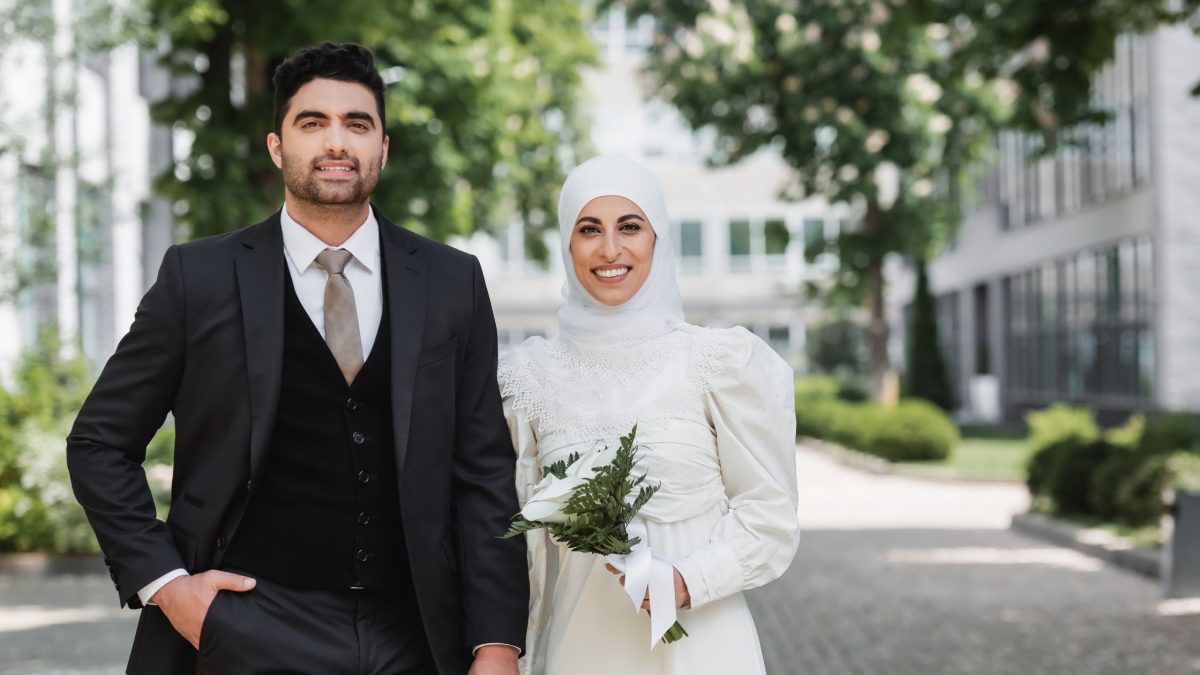10 Reasons Men Have Emotional Affairs

Marriages in Islam are rich in traditional values and customs which reflect the diversity within the Islamic faith. Despite facing controversy and criticism, there are some forms of marriage being practiced in diverse regions of the Muslim world. From the complexities of arranged marriages to the legal aspects, this blog will explain the various types of Marriage in Islam that highlight the customs that have evolved over centuries.
Arranged Marriages: According to familial and cultural considerations, arranged marriages in the Muslim community are based on the compatibility and shared values of both the families and spouses.
Love Marriages: Love marriages in Islam are not forbidden and are very common. These marriages involve mutual consent and understanding between partners.
Sahih Marriage: A Sahih marriage in Islam is considered valid and lawful. It adheres to all the necessary conditions and requirements laid down by Islamic principles. Sahih marriages are recognized as the only valid and lawful union by Islamic law.
Nikah in Islam: Sunni marriages follow the Nikah ceremony, a sacred contract that binds the couple in a spiritual bond.
Mut’ah and Misyar in Shia: Shia practice temporary marriages which are known as Mut’ah, and Misyar marriages, which only involve less formalities.
Batil Marriage: A Batil marriage is invalid and void in Islamic legal terms. This can occur due to the violation of Islamic principles during the marriage ceremony. A Batil marriage is not recognized as a lawful union in Islam.
Fasid Marriage: Fasid marriages are those that are technically valid but contain irregularities or defects that render them objectionable or legally questionable. While Fasid marriages are considered valid, they may require corrective actions or interventions to correct the irregularities.
Muta Marriage: Muta marriage, also known as temporary or fixed-term marriage, is a concept practiced in Shia. It involves a contract between a man and a woman for a specified period with a predetermined dowry.
Read Also : Rules in Muslim Marriages – A Complete Guide
Mahr: Mahr is a significant aspect of Muslim marriages. The Mahr acts as a representation of the husband’s dedication and accountability to his wife. Meeting the Mahr obligation signifies the husband’s acknowledgment of his responsibility to support and safeguard his wife.
Polygamous Marriages: Polygamous marriages are allowed in the Islamic region but under specific conditions like equal treatment of all spouses.
Interfaith Marriages: In the traditional interpretation of Islamic law, a Muslim man is permitted to marry a woman from the Christian or Jewish faith. However, this allowance does not extend to Muslim women, who are not permitted to marry men from any non-Muslim religious group.
Marriage Contracts: In every Muslim marriage, the agreement is an essential part of the marriage contract. This comprehensive document outlines the rights and responsibilities of both spouses and serves as a foundation for a harmonious and fair partnership. These contracts, known as “Nikah Namas” or marriage certificates represent the mutual consent and conditions agreed upon by the couple.
Dissolution of Marriages: Islam recognizes that circumstances may arise that necessitate its dissolution. The legal processes involved in ending a marriage are outlined in Islamic law, with the most familiar being the concept of Talaq.
Online Matrimonial Platforms: The digital age has influenced Muslim matchmaking, with online platforms providing a space for individuals to find compatible partners.
Modern Challenges and Solutions: Muslim couples pass through contemporary challenges through communication and understanding to balance traditions with modernity.
Read Also : Significance of Marriage Counseling for Muslims
In conclusion, Muslim marriages are a mixture of tradition, diversity, and adaptability. Understanding the various types and distinctions within Islam marriage improves the appreciation for the resilience and beauty inherent in these unions.
A: Yes, polygamy is allowed in Islam but it involves conditions that include fair treatment of all spouses.
A: The key distinction lies in the Nikah ceremony for Muslims and the inclusion of Mut’ah and Misyar in Shia marriages.
A: The Mahr acts as a representation of the husband’s dedication and accountability to his wife.
A: No, dowry and Mahr are completely different things both legally and socially.
A: While traditions persist, modern challenges are met with adaptability and open communication.